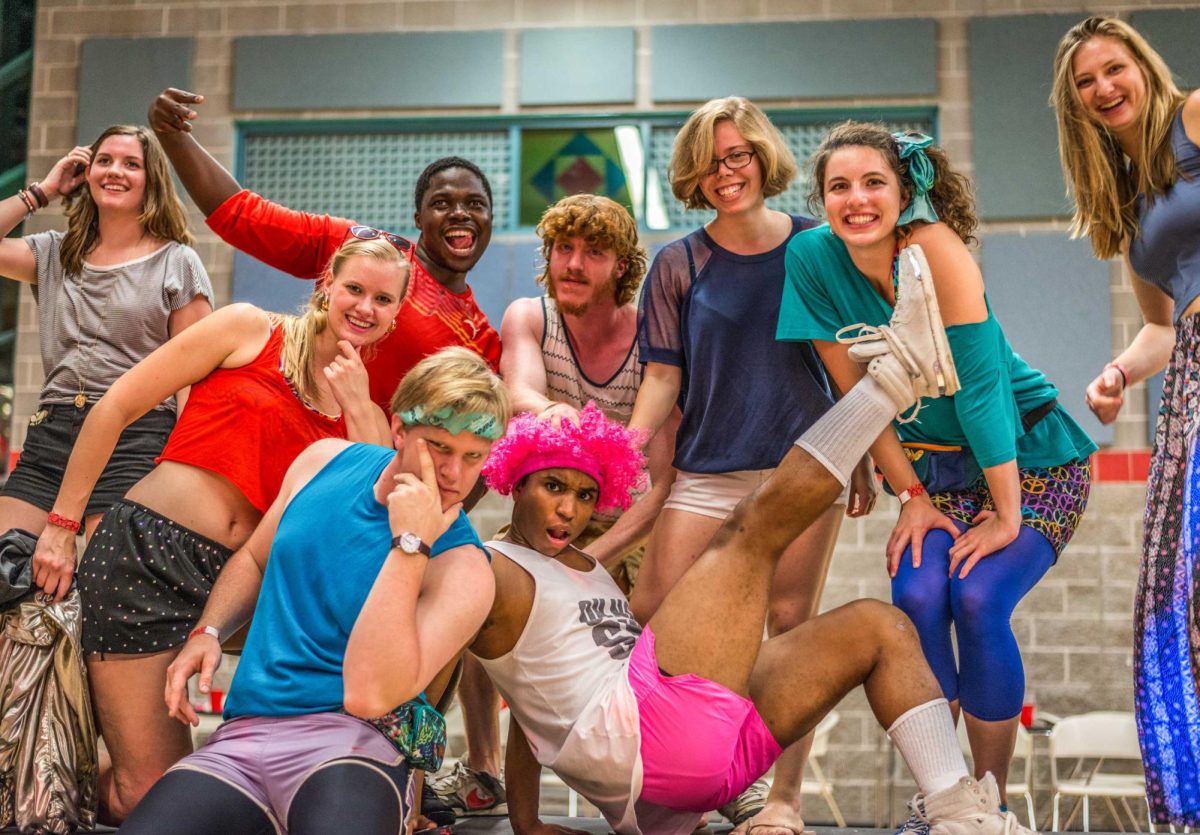Year after year Grinnell welcomes first years from a wide spectrum of cultures. These new students hail from as close as Chicago and as far away as Greece and many of them have never been in a region quite like the cornfields of Iowa.
As a result, some aspects of Grinnell come as a shock, causing them to ask themselves, like so many before them, “Where the f**k am I?”
Victor Pinheiro ’13, a student from Saudi Arabia, commented that what he found surprising was that “downtown was about three streets… and that a train track goes right across the campus.”
Even students from other parts of the country can find themselves flabbergasted by our slice of the Midwest. Rick Bigler ’13, hailing from the dry desert of Arizona said, “Nothing is artificially watered—rain provides enough. Weird.”
Students from across America think Grinnell is “weird,” but for some international students, cultural differences combine to make Grinnell seem like a whole other planet. Tolu Alabi ’13, a student from Nigeria, found it shocking “the way younger people referred to older people by name. In Nigeria, it is a sign of disrespect but here it indicates closeness. It was really striking.”
Like always, new Grinnell students have no shortage of things to say about corn. “I don’t know why I thought they were kidding about the cornfields,” Keilah Courtenay ’13 from Los Angeles, California said. “I came a week ago and was excited to see it. But then I went a few more miles…and a few more…and it didn’t stop.”
Alabi had heard that “there weren’t going to be roads and corn was going to be all over place,” she said. “Corn was going to come up to the windows of the shuttle. I always thought Iowa was a farming place.”
Corn was not the only aspect of Iowa people were warned about, but it often boiled down to that. “I had heard that they were the friendliest people in the US and also that they really really liked corn,” said Pinheiro. “So far both of them seem true.”
For some, the thought of Iowa didn’t even merit a stereotype. “I actually didn’t think about the Midwest,” Courtenay admitted. Pinheiro said that his family reacted to his decision with the popular “Where? Cornell?” While for Courtney the responses included, “What’s in Idaho?”
Luckily, Grinnell is not, and students have found many charms in the rolling Iowa plains. “It’s so pretty! Lots of green stuff,” Courtenay said. Iowa’s lack of human population can also be a benefit. “What I found is that Iowa is actually spacy, meaning that its residents have a lot of personal space and vast areas to have picnics, spend some time alone from cities and relax in the fields,” said Anastasios Papachristoudis ’13, a native of Greece.
As great as their experiences so far have been, some students still yearn for certain things from home. “I miss the joy of strolling the streets of Thessalonki, striding in the parks and watching the waves as they crush the sea coast,” said Papachristoudis. Bigler misses the mountains and dry heat of Arizona, while Alabi pines for the food in Nigeria and Courtenay mourns the absence of L.A.’s abundance of malls, restaurants and movie theaters.
But despite what Grinnell lacks, students find reason enough to settle in the middle of nowhere for a few years. “Grinnell is my type. Small, liberal arts, off beat, friendly,” Courtenay said. “That’s my thing.” Hopefully, the students who have already called Grinnell their “thing” will soon call Grinnell, Iowa their “place” as well.


















































